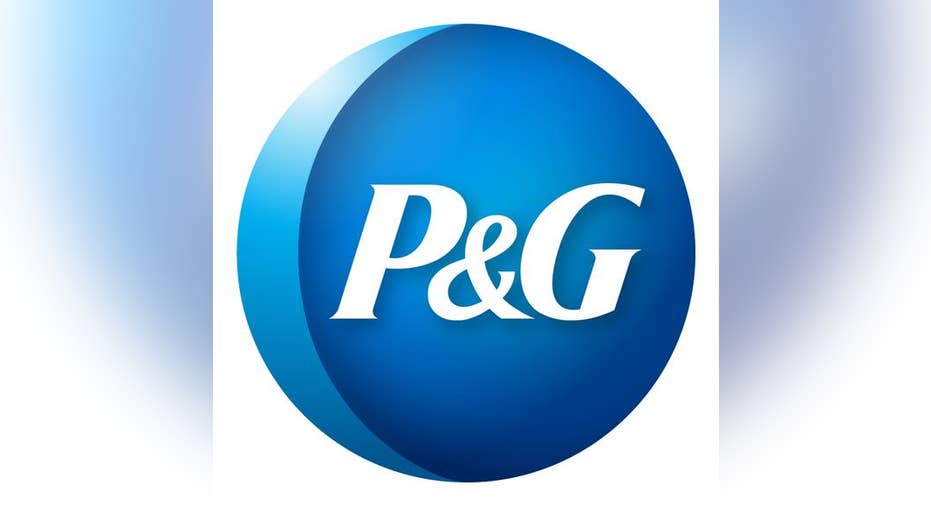2 Signs A Company Will Increase Its Dividend

Dividend stocks often serve as key components of many investors' retirement savings plans. What's more, dividend stocks can serve as useful tools for providing cash flows to fund a health and happy retirement.
However, not all dividend stocks are created equal. Ample academic research supportsthe notion that stocks that consistently grow their dividends can become some of the most powerful wealth creating investments on the market today.
But how can you tell if a company will increase its dividend, especially on a consistent, predictable basis? Here are 2 important signs all dividend investors should look for as they try to assess whether a company will grow its payouts.
Let history be thy guideNot to be overly philosophical, but in investing, as in life, actions speak louder than words -- a principle that holds especially true when it comes to finding dividend growth stocks. Many of the most revered dividend stocks on the market today, often referred to as dividend aristocrats, have earned their reputation as dividend growth stalwarts by consistently increasing their payouts in annual intervals for 25 years or more. In other words, the stocks that stand the greatest odds of increasing their dividends are the one that have the strong track record of doing just that.
Source: P&G
For example, consumer products heavyweight Procter & Gamble has increased its dividend annually for an astounding 59 consecutive years. How likely is it that Procter & Gamble will do so again next year? I wouldn't bet against it.
Crucially, companies that are able to grow their dividends with such astounding frequency aren't just created accidentally. Rather, such a track record speaks to Procter & Gamble's highly profitable business model, which produces ample free cash flow with which it can fund yearly dividend increases. So beyond the simple track record in isolation, investors need to understand that companies like Procter & Gamble and other dividend aristocrats are able to continually expand their cash payouts by virtue of the strength of their underlying business models.
Management commentary Moving beyond their visible track records, the public statements made by a company's management can also prove useful in assessing the likelihood of a company increasing its payouts. Take tech giant Apple for example.
At the company's annual shareholder meeting late last month, Apple CEO Tim Cook publicly pledged to those in attendance that he would indeed raise the company's dividends per share annually. It's important to note that this kind of CEO commentary is not just a fluke. Public pledges like Apple's recent commitment to its dividend growth reflect careful planning on the part of a firm's executive team since investors will anchor their expectations around their public statements.
Apple's billions in the bank make it a prime candidate to grow its cash payouts in coming years, but the company also likely attracts investors interested in its potential earnings growth as well.
However, despite its multiple potential return drivers, rest assured that investors would loudly protest Apple reversing course on its dividend growth pledge for any reason. And that's why such public signals from company management can also prove a useful tool in evaluating a company's possible dividend growth profile.
While there are plenty of additional measures investors can use, the criteria highlighted here are arguably two of the most useful litmus tests to assess whether a company may or may not increase its dividend payouts.
The article 2 Signs A Company Will Increase Its Dividend originally appeared on Fool.com.
Andrew Tonner owns shares of Apple. The Motley Fool owns shares of and recommends Apple. The Motley Fool recommends Procter & Gamble. Try any of our Foolish newsletter services free for 30 days. We Fools may not all hold the same opinions, but we all believe that considering a diverse range of insights makes us better investors. The Motley Fool has a disclosure policy.
Copyright 1995 - 2016 The Motley Fool, LLC. All rights reserved. The Motley Fool has a disclosure policy.



















